#Islam
The Five Keys to Spiritual and Emotional Resilience
Published
By
Guests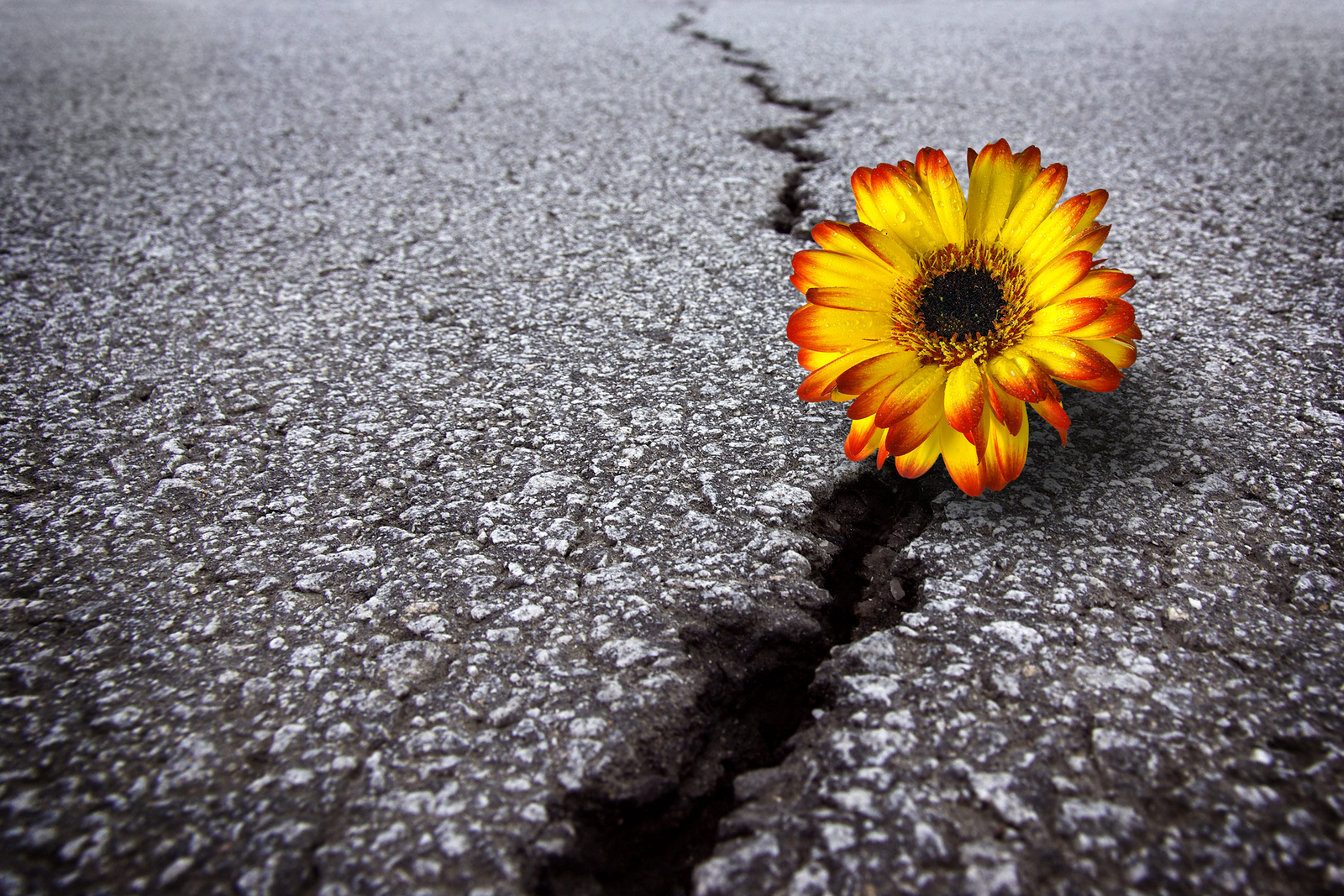
By Asmaa Hussein
There are three kinds of worshipers in this world:
The one who only worships God when he or she is in difficulty
It takes a colossal tragedy, a dangerous illness, or loss of resources for this person to set aside her pride and ask Allah 

Keep supporting MuslimMatters for the sake of Allah
Alhamdulillah, we're at over 850 supporters. Help us get to 900 supporters this month. All it takes is a small gift from a reader like you to keep us going, for just $2 / month.
The Prophet (SAW) has taught us the best of deeds are those that done consistently, even if they are small. Click here to support MuslimMatters with a monthly donation of $2 per month. Set it and collect blessings from Allah (swt) for the khayr you're supporting without thinking about it.
“It is He who enables you to travel on land and sea until, when you are in ships and they sail with them by a good wind and they rejoice therein, there comes a storm wind and the waves come upon them from everywhere and they assume that they are surrounded, supplicating Allah, sincere to Him in religion, ‘If You should save us from this, we will surely be among the thankful.’ But when He saves them, at once they commit injustice upon the earth without right…” (10:22-23)
She witnesses God’s miracles and help when she desperately calls on Him. Even then, once her problems are over, she goes back to thinking she doesn’t really need God.

The one who only worships God when he or she is blessed with happiness and plenty
This is the kind of person who falls apart when something difficult comes his way. He throws his hands up and utters those two dangerous words: “why me?” He questions God’s motives, thinking and perhaps even saying why is God doing this to me?
Allah 
“And of the people is he who worships Allah on an edge. If he is touched by good, he is reassured by it; but if he is struck by trial, he turns on his face [to the other direction]. He has lost [this] world and the Hereafter. That is what is the manifest loss.” (22:11)
This person believes he is inherently entitled to ease. Any difficulty he experiences makes him question his belief in God.
The one who worships God in both times of hardship and in times of ease
Regardless of what ease or hardship she’s experiencing, this type of worshiper doesn’t allow her faith to waver. Hardships make her turn inward, seeking comfort and help from the Most Merciful. Blessings make her become grateful, sharing her resources with others and continuously praising her Lord for His bounties.
Prophet Muhammad 
“How wonderful is the affair of the believer, for his affairs are all good, and this applies to no one but the believer. If something good happens to him, he is thankful for it and that is good for him. If something bad happens to him, he bears it with patience and that is good for him.” (Sahih Muslim)
Every believer’s goal should be to worship Allah 

Allah 
“And We will surely test you with something of fear and hunger and a loss of wealth and lives and fruits, but give good tidings to the patient, Who, when disaster strikes them, say, ‘Indeed we belong to Allah, and indeed to Him we will return’.” (2:155-156)
Whether you have faced the loss of your loved ones, your wealth, your safety, or your sense of self worth, there are certain things you need to keep in mind in order to create an atmosphere of resilience, strength and patience.
The following are five key components to creating an environment and state of mind that supports spiritual resilience.
1. Accepting your humanness
Many of our cultures don’t acknowledge the validity of emotions – we’re taught from a young age that certain emotions are good and others are bad. So instead of learning how to accept and deal with our emotions, we’re taught that it’s better to bury them.
We are not emotionless beings, though. We were never meant to be.
Despite what our culture dictates, we experience very intense emotional states. We have the potential to accomplish great things and to reach high states of faith, but we are also susceptible to pain, sadness, and anger. We have to accept that feeling these things isn’t a form of weakness; it’s just the reality of how we were created.

One of the best examples of this is the story of Maryam 


“And the pains of childbirth drove her to the trunk of a palm tree. She said: Oh, I wish I had died before this and was in oblivion, forgotten.” (19:23)
Allah didn’t respond to her cries by harshly saying, “Do not wish for death!” or “Be more patient!” Rather, it was said to her out of a great and wonderful mercy:
“…Do not grieve; your Lord has provided beneath you a stream. And shake toward you the trunk of the palm tree; it will drop upon you ripe, fresh dates. So eat and drink and be contented.” (19:24-26)
How merciful Allah is to have shown us such a human and authentic example of a woman who was in so much pain that she uttered her wish for death. And keep in mind, this was not just any woman: it was Maryam 

Allah 
So even if you say or do something you regret, Allah 
Accept that you are human and you will make mistakes, and you will sometimes feel low. Only when you accept this can you really work towards bettering yourself.

2. Using the intensity of your emotion to worship God better
Once you accept your humanness and stop pushing away your emotions as though they’re poisonous, you can begin to understand that the intensity of your emotions can be used to worship Allah 
When you’re experiencing sadness and grief, complain of your sadness to Allah 

When you feel frustrated and hopeless, and it seems that all the doors of opportunity are closing in your face, turn to Allah 


“O Allah! I complain to You of my weakness, my scarcity of resources and the humiliation I have been subjected to by the people. O Most Merciful of those who are merciful. O Lord of the weak and my Lord too. To whom have you entrusted me? To a distant person who receives me with hostility? Or to an enemy to whom you have granted authority over my affair? So long as You are not angry with me, I do not care. Your favor is of a more expansive relief to me. I seek refuge in the light of Your Face by which all darkness is dispelled and every affair of this world and the next is set right, lest Your anger or Your displeasure descends upon me. I desire Your pleasure and satisfaction until You are pleased. There is no power and no might except by You.”
Even when you’re happy, fulfilled, and blessed with abundance, use that state to fervently thank Allah 

“My Lord! Inspire and bestow upon me the power and ability that I may be grateful for Your Favours which You have bestowed on me and on my parents, and that I may do righteous good deeds that will please You, and admit me by Your Mercy among Your righteous slaves.” (27:19)
Throughout our rich history, we see examples of prophets and righteous people in all kinds of emotional states – but what made them beloved to Allah 
Every state that we find ourselves in – whether happy, sad, angry or excited – can be used to worship Allah 
3. Connecting with the Quran
Allah 
“…Verily in the remembrance of Allah do hearts find rest.” (13:28)
and
“O mankind, there has to come to you instruction from your Lord and healing for what is in the breasts and guidance and mercy for the believers.” (10:57)
Many of us turn to the people in our closest circles to help heal our wounds, comfort us in times of distress, and celebrate our victories. To us, the Quran is a theoretical source of guidance, but not a part of our daily lives.
In order to build spiritual and emotional resilience, the Quran needs to be an integral part of our lives. The joy that comes from truly connecting to the words of Allah 
It’s just as Ibn Taymiyyah 
“I have not seen anything that nourishes the mind and soul, preserves the body, and secures happiness more than continuous reading and contemplation of the book of Allah.”
4. Counting your blessings
Regardless of how difficult your circumstances may be, you are blessed. If you have lost your wealth, perhaps your family is still with you. If you have lost your health, perhaps your faith is as strong as ever. If you have lost your loved ones, perhaps Allah 
Sometimes it’s difficult to see the glass half full, or to see the silver lining. But if you look closely enough, you’ll find that, even in your darkest and most difficult moments, Allah 

“But perhaps you hate a thing and it is good for you; and perhaps you love a thing and it is bad for you. And Allah Knows, while you know not.” (2:216)
It’s incredibly important for your state of mind, to take the time to consciously and thoroughly remember everything that Allah 
- Your overall happiness will increase. Research has shown that the more actively grateful you are, the happier you are.
- You are rewarded by Allah for your gratitude to Him. Acknowledging His favours and blessings is a form of worship. One sincere, truthful “Alhamdulillah” is worth more than a mountain of gold in the sight of Allah.
- The more grateful you are, the more Allah
will give you. As He says in the Quran:
“And remember! your Lord caused to be declared (publicly): ‘If ye are grateful, I will add more (favours) unto you’.” (14:7)
To sum up: gratitude makes you happy. God grants you good deeds for your gratitude. Gratitude causes God to increase His favours upon you.
5. Seeking help
Sometimes we think patience means keeping all our difficulties to ourselves. But Allah 
These are just a few of the things I’ve personally found to be absolutely necessary to healing and to journeying through life in a way that is pleasing to Allah 
Asmaa Hussein is a writer, registered social worker, and mother of a spirited toddler. In her book “A Temporary Gift: Reflections on Love, Loss, and Healing,”she documents her experiences following the passing of her husband. To order your copy of this book, please click here.
Keep supporting MuslimMatters for the sake of Allah
Alhamdulillah, we're at over 850 supporters. Help us get to 900 supporters this month. All it takes is a small gift from a reader like you to keep us going, for just $2 / month.
The Prophet (SAW) has taught us the best of deeds are those that done consistently, even if they are small. Click here to support MuslimMatters with a monthly donation of $2 per month. Set it and collect blessings from Allah (swt) for the khayr you're supporting without thinking about it.

When Love Hurts: What You Need to Know About Toxic Relationships | Night 11 with the Qur’an

I Can’t Stop Thinking About Someone | Night 10 with the Qur’an

Fifteen Years in the Shadows: The Strategic Brilliance of the Hijrah to Abyssinia

Ramadan As A Sanctuary For The Lonely Heart

Cultivating A Lifelong Habit Of Dua In Children

30 Nights with the Qur’an: A Ramadan Series for Muslim Teens

[Podcast] Guardians of the Tradition: Muslim Women & Islamic Education | Anse Tamara Gray

Who Am I Really? What Surat Al-‘Asr Teaches Muslim Teens About Identity | Night 1 with the Qur’an

Ramadan In The Quiet Moments: The Spiritual Power Of What We Don’t Do

Where Does Your Dollar Go? – How We Can Avoid Another Beydoun Controversy

I Can’t Stop Thinking About Someone | Night 10 with the Qur’an

When to Walk Away from Toxic Friends | Night 9 with the Qur’an

What Islam Actually Says About NonMuslim Friends | Night 8 with the Qur’an

Week 1 in Review: Is Your Teen Actually Changing? | Night 7 with the Qur’an

Why Your Teen Wants to Change Their Muslim Name | Night 6 with the Qur’an
Trending
-
#Islam2 weeks ago
30 Nights with the Qur’an: A Ramadan Series for Muslim Teens
-
#Current Affairs1 month ago
[Podcast] Should Muslims Ally with Conservatives or Progressives? | Imam Dawud Walid
-
#Life1 month ago
[Podcast] The Parts of Being an Imam They Don’t Warn You About | Sh Mohammad Elshinawy
-
#Islam1 month ago
How to Make this Ramadan Epic | Shaykh Muhammad Alshareef
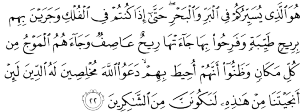


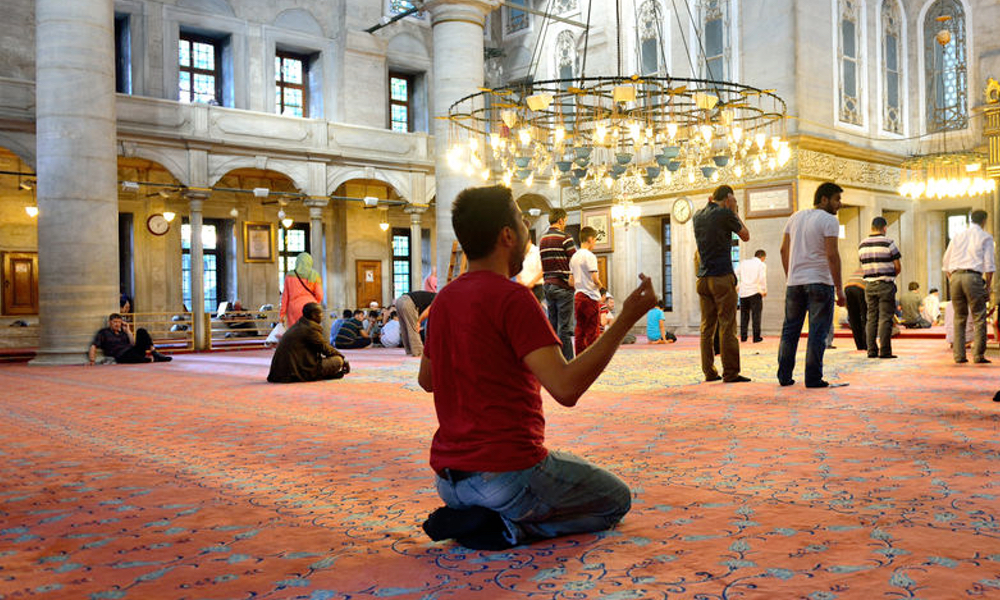




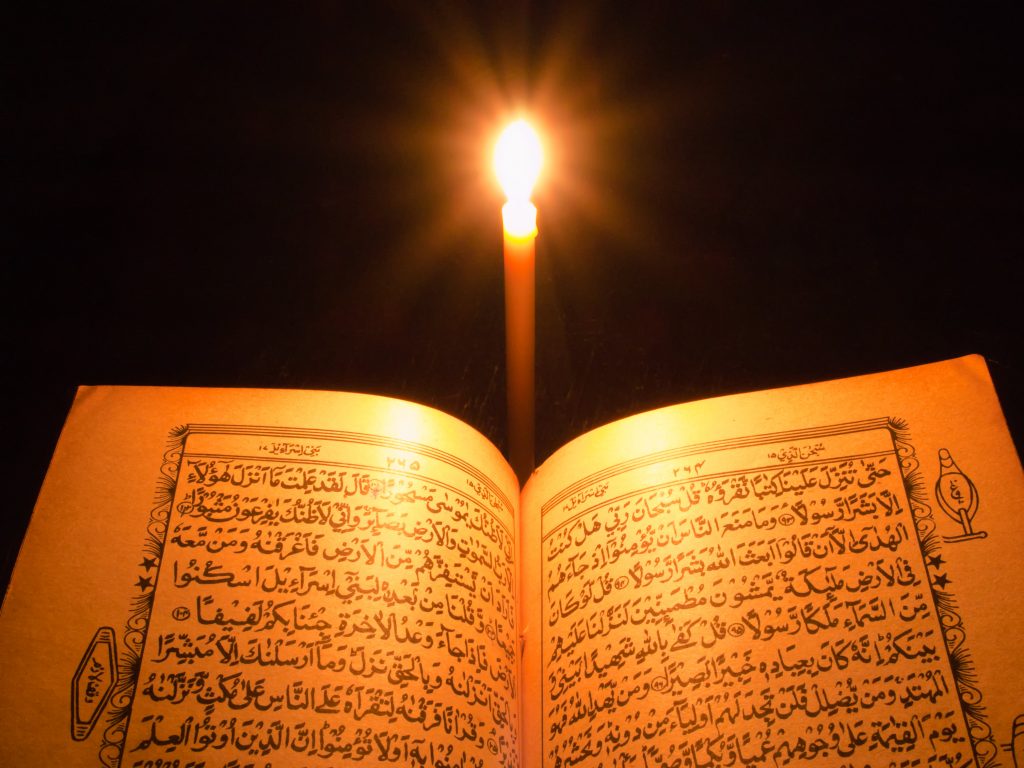


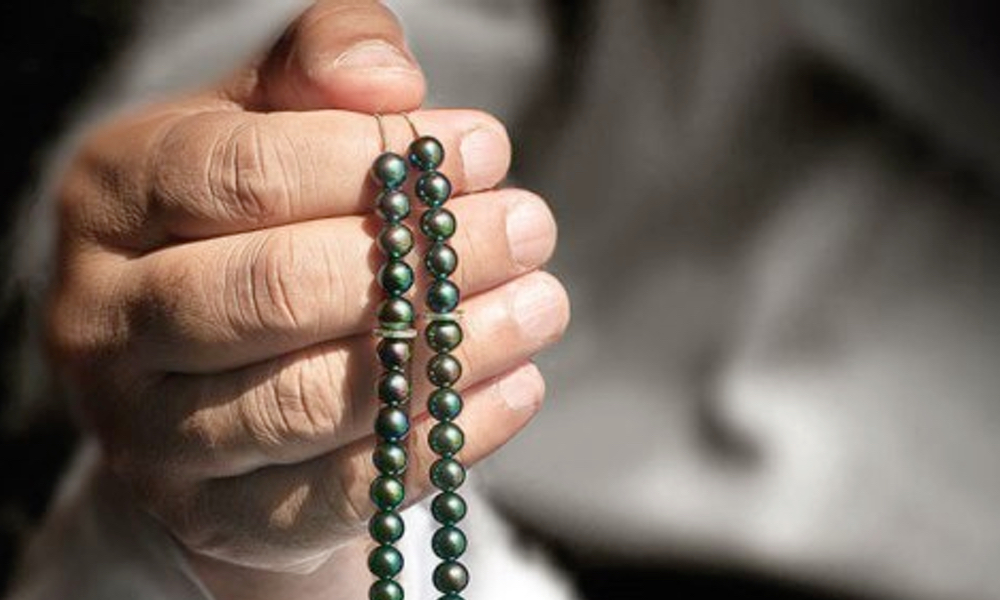














Khadijah
December 8, 2015 at 1:41 AM
السلام عليكم و رحمة الله و بركاته
جزاك الله خيراً
Most wise and beneficial may الله increase you and all of us in goodness. آمين يا رب العالمين
Naoto
December 8, 2015 at 4:51 AM
Wonderful article, thank you. May Allah reward you !
Ashraf
December 8, 2015 at 5:41 AM
Jazakallah khair for the article.
Natasha Sabrin Khan
December 8, 2015 at 1:04 PM
Jazakillahu khairan sister Asmaa. I love reading everything that you write but this article was particularly enlightening , mashaAllah.
May Allah increase your ability to write better and more insighful pieces, ameen :)
Muhmmad Tahir
December 8, 2015 at 1:44 PM
Great.
Very well said. May Aĺlah reward you – ya aukhti.
مسلمة
December 9, 2015 at 11:14 AM
Jazakillah khair!
Ataul Haq
December 13, 2015 at 4:20 AM
Very coherent, consoling and, the relevant article much required today. I wish the writer also pen other issues of the Muslim world in Quranic understanding that will provide some sense of spirituality to the disillusioned.
Quran classes
December 29, 2015 at 8:28 AM
MaashaaAllah thank you for writing such a great article .. waiting for more articles
Learn Quran
January 6, 2016 at 2:47 PM
Very well said. May Aĺlah reward you – ya aukhti.
sherin
February 16, 2016 at 5:45 AM
Assalamu Alaikum sister
Very well said. We are just using Quran in theoretical way only.
Subhanallah nice article.
May allah reward you.
Manzoor Khokhar
June 28, 2016 at 12:07 AM
JazakAllah khair